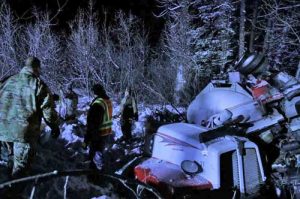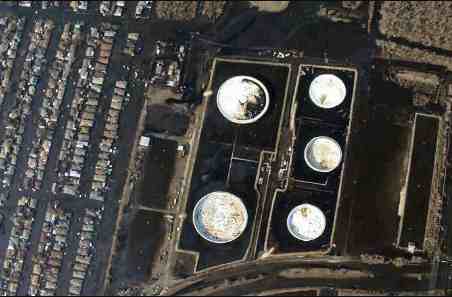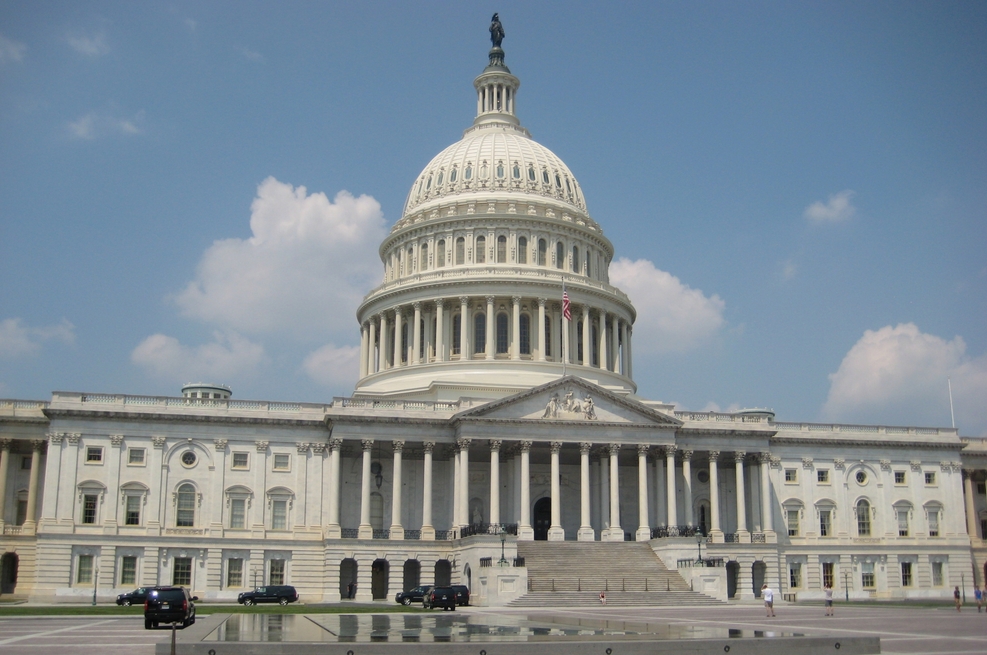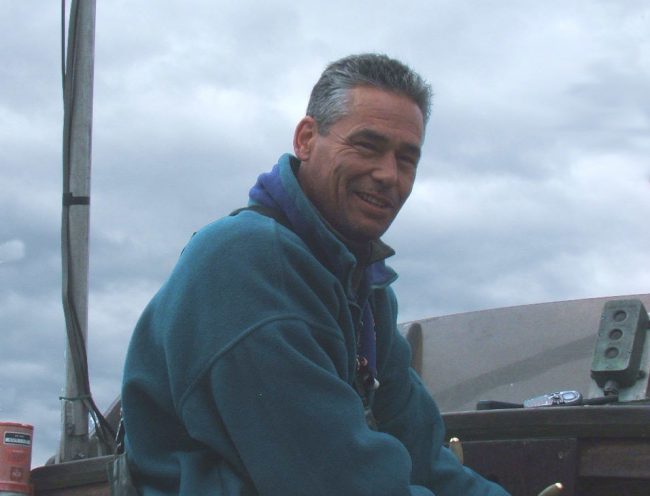
Juneau – Friday, the Alaska House of Representatives passed legislation to give the Alaska Department of Environmental Conservation (DEC) additional tools to address spills of oil and hazardous substances in Alaska. House Bill 322 updates civil penalties that have been eroded over time due to inflation and provides administrative penalties that DEC can quickly levy to stop and prevent spills. Both penalties would be automatically adjusted for inflation every ten years. Additionally, HB 322 stipulates that trucking companies transporting oil share with DEC any spill plan they submit to the federal government.
“The penalties in place to deter spills of oil and hazardous materials have not been updated in decades, which means that due to inflation the penalties are less now than ever before. We see hundreds of spills a year, but we don’t have a big stick to deter spills anymore,” said Rep. Andy Josephson (D-Anchorage), Co-Chair of the House Resources Committee, which sponsored HB 322. “The provision requiring trucking companies to abide by their federal spill response plans will help DEC prevent roadside spills and respond more effectively to them.”
HB 322 includes new administrative penalties that will enable DEC to stop spills faster, especially small spills. The bill adjusts most civil penalties to current dollar values while increasing the penalties for continuing violations. HB 322 ratchets up the maximum penalty a court may impose and doubles the minimum penalty a court must impose when a party is proven responsible for a spill. The bill also calls for all penalties to be adjusted for inflation once every ten years. Additionally, HB 322 stipulates that water mixed with spilled oil would count as oil for purposes of calculating penalties.[xyz-ihs snippet=”Adsense-responsive”]“Alaska sees fewer spills now than in the past, and this bill won’t affect the good players. However, it does give DEC tools they can use to get the attention of the bad actors. Holding parties accountable for spilling hazardous materials is an integral part of responsible development. I believe the tools we give to DEC in HB 322 are reasonable and, more importantly, will help protect public waters and our natural environment,” said Rep. Josephson.
House Bill 322 passed the Alaska House of Representatives Friday by a vote of 22-16. After a reconsideration vote, the bill will be sent to the Alaska State Senate for consideration.







